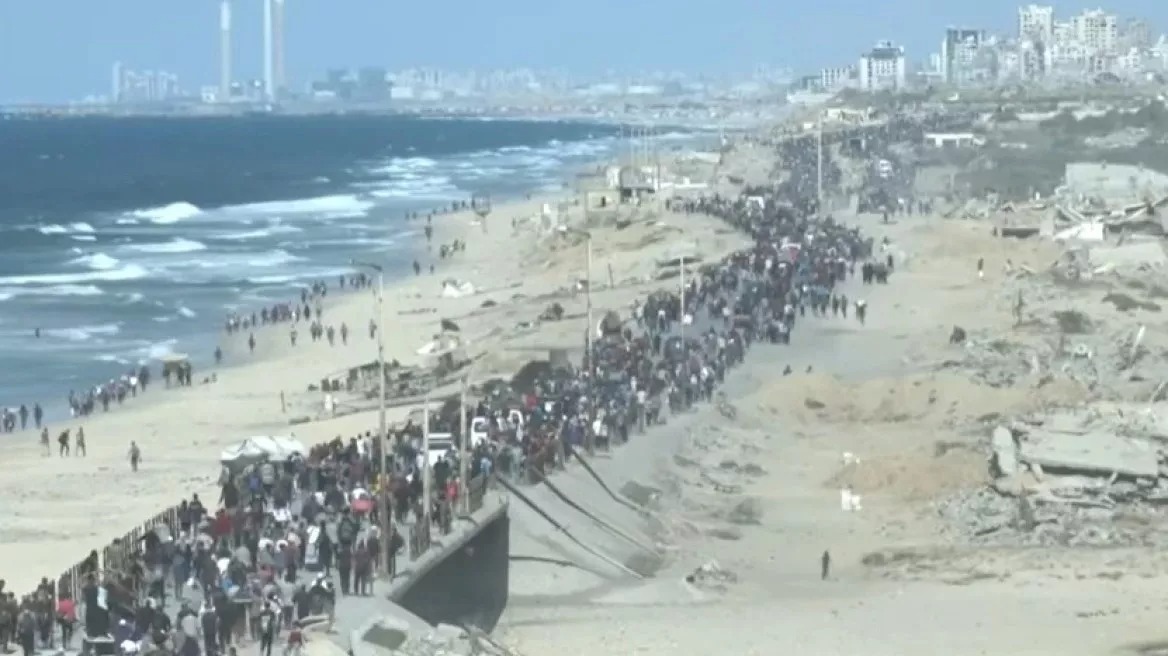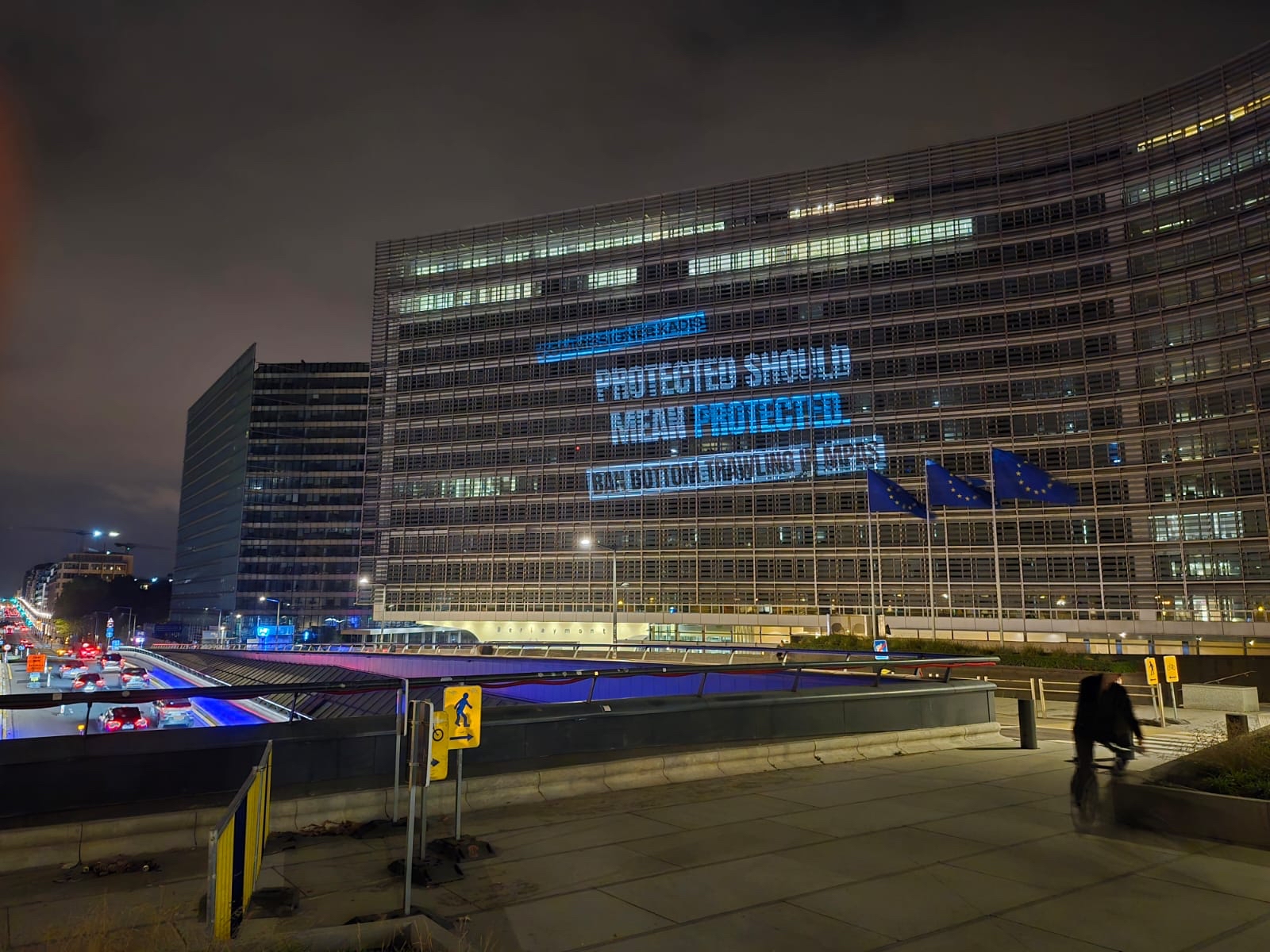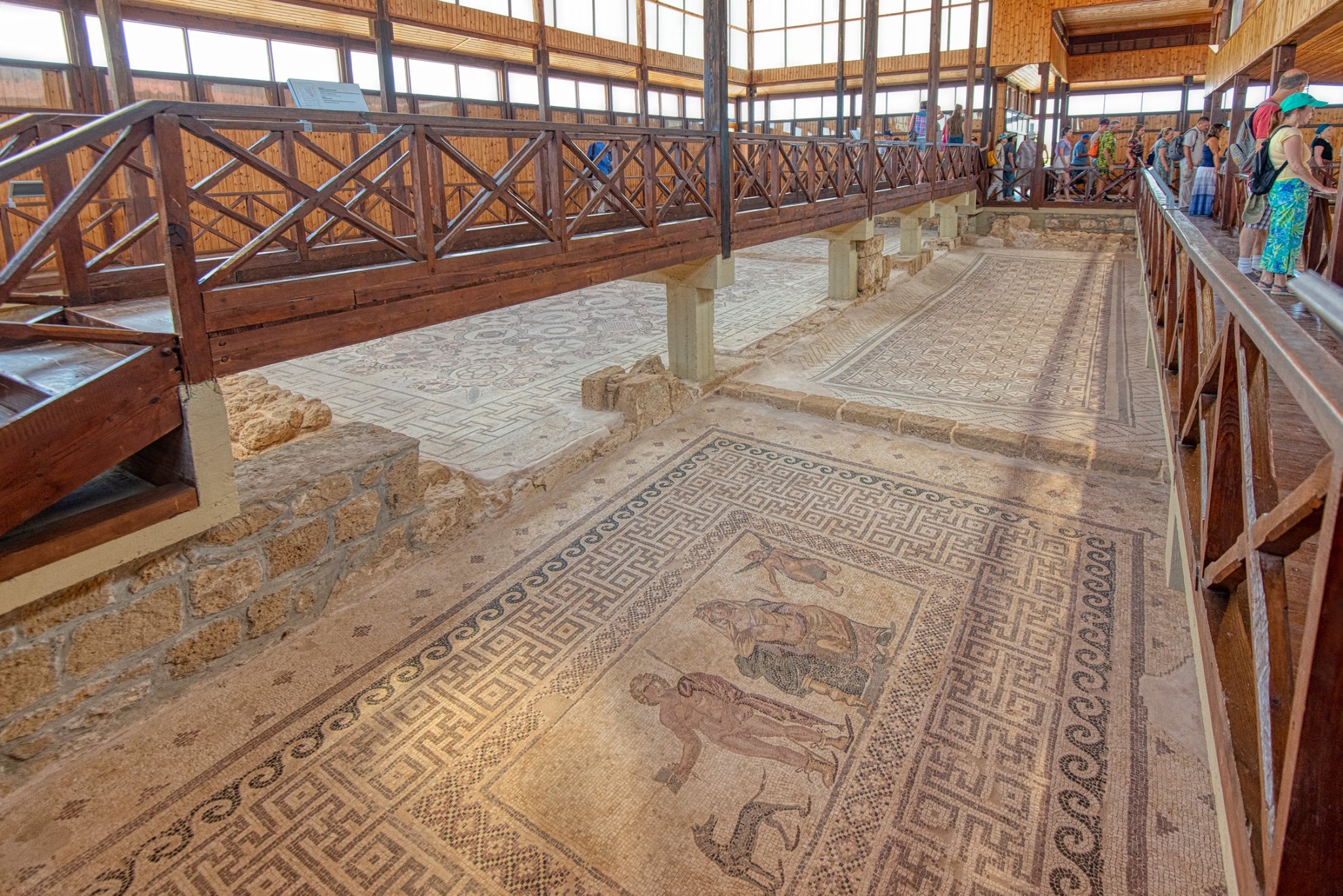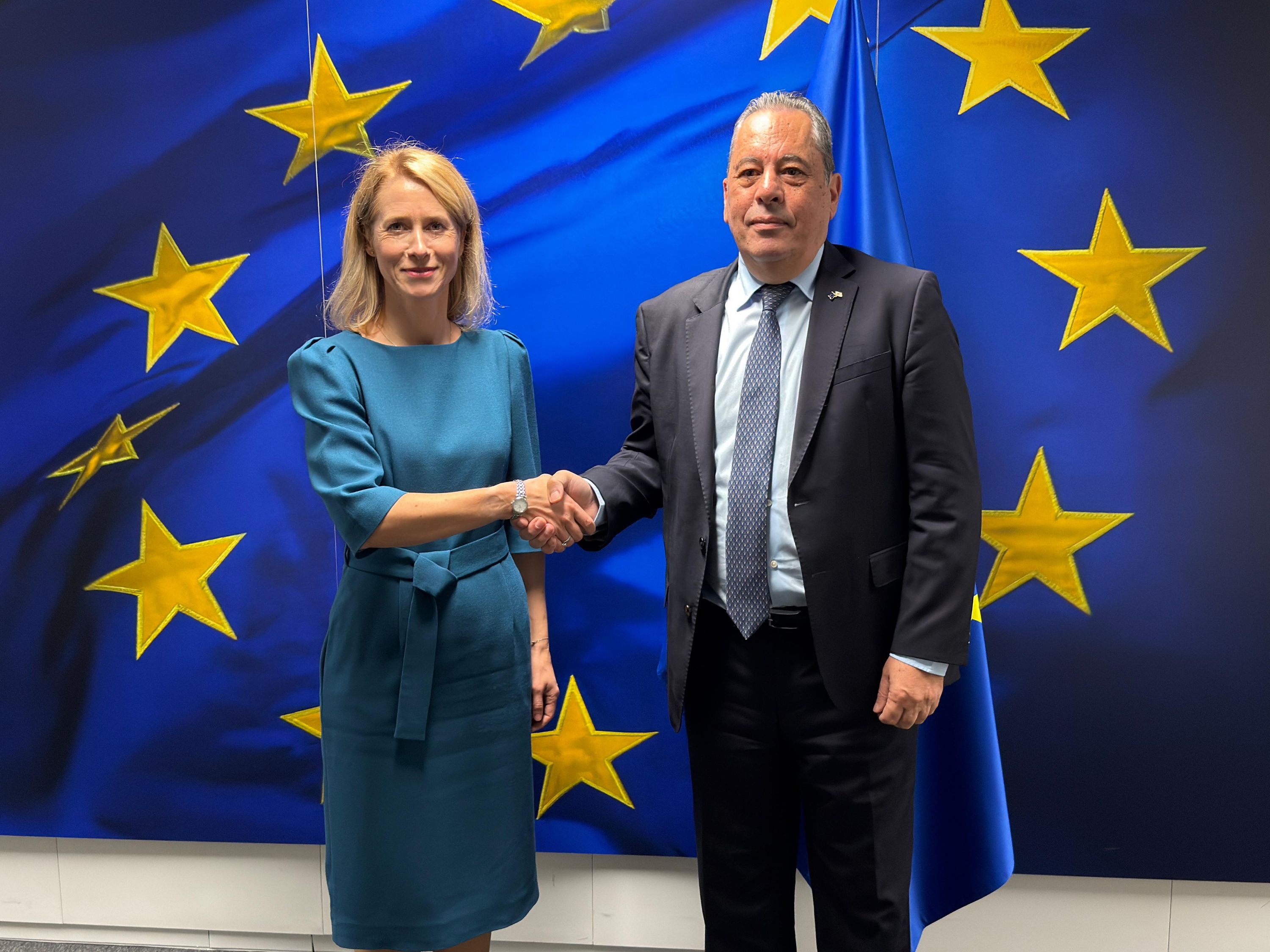The human river and those who never came back
Source: in-cyprus.com
Watching that vast human river of Palestinians returning to Gaza stirs all manner of associations. First and foremost, the fact that until recently they were being forced out, so the prime real estate could be emptied and transformed into a Riviera.
Now, though, they’re coming back to their land. And the question, of course, is whether they’ll be forced by the occupying army—under a hail of bombs, bullets, missiles—to hit the refugee road all over again. The dominant image these past 24 hours has been that “silent” river of return. And the associations don’t stop at Gaza—they reach all the way here, to us, to Cyprus. Greek Cypriots haven’t yet lived through what we’re witnessing. That march of return to their homes, their land. For fifty-one years, the refugees have been waiting for that day. And many remember the refugees saying, again and again, “Let us return, and we’ll rebuild our homes on the rubble. We’ll make them like they were…” They haven’t been blessed, to this day, with seeing that wish become reality. Hope endures!
And the Palestinians who, en masse, after the ceasefire agreement was announced, began their return—they found ruins and devastation. They knew it. After all, they’d left through their flattened neighbourhoods, leaving ruins behind to escape death and captivity. Now they’re returning. They didn’t choose permanent exile, because their fate and future lie in their land, their homeland. And they’ll find a way again—if they’re allowed to, that is—to build on the rubble and breathe life back into Gaza. The Palestinians are used to this, alas. The evictions, the imprisonments, the exile. They’ve made their peace with death itself!
Even when they were in exile—in Lebanon and elsewhere—they faced such attacks that they lost even their refugee shelters, their tents. One recalls that distant August 1976, when Lebanese Phalangists, with the help of the Syrian army, decided to wipe the Tel al-Zaatar refugee camp off the map—along with 30,000 people. And that’s just one of countless episodes in the long, bitter saga of the Palestinian people.
On the other bank, we watched Israeli hostages return, held by Hamas for two years. In parallel, Palestinians imprisoned in Israeli jails were released.
The feeling of return—of hostages, of prisoners—is not foreign to Cyprus. Though distant now, for many it’s a tragic experience; for others, a factor in the equation of war. The prisoner exchange in 1974 began in September of that year and was completed on 28th October. In that process, 5,817 prisoners were freed (2,488 Greeks and 3,319 Turks). The most tragic moment was the final day of the exchange, 28th October. Tragic for the relatives whose loved ones didn’t come back. There at the Hotel School (later “Filoxenia” and the Conference Centre), Greek prisoners were being received. About that day, Phileleftheros wrote the following day, 29th October: “…We saw scenes of wild joy yesterday at the Hotel School. But ultimately we left with a lump in our throats and hearts full of bitterness. Because next to us, heading towards the exit with trembling steps, were mothers, brothers, fiancées, wives, fathers. Their loved one hadn’t come yesterday either… And all they wanted was to get home, to shut themselves in a little room and grieve far from prying eyes. All those grief-stricken people were the relatives of the missing. Thousands of people who, at every prisoner exchange, went to the Hotel School with a photograph in hand and a single question on their trembling lips: Have you seen him? The last meeting, the last hope of return.”
In our neighbourhood too, the same experiences and tragedies. Not everyone came back. Some have been lost…
The original article: belongs to in-cyprus.com .



